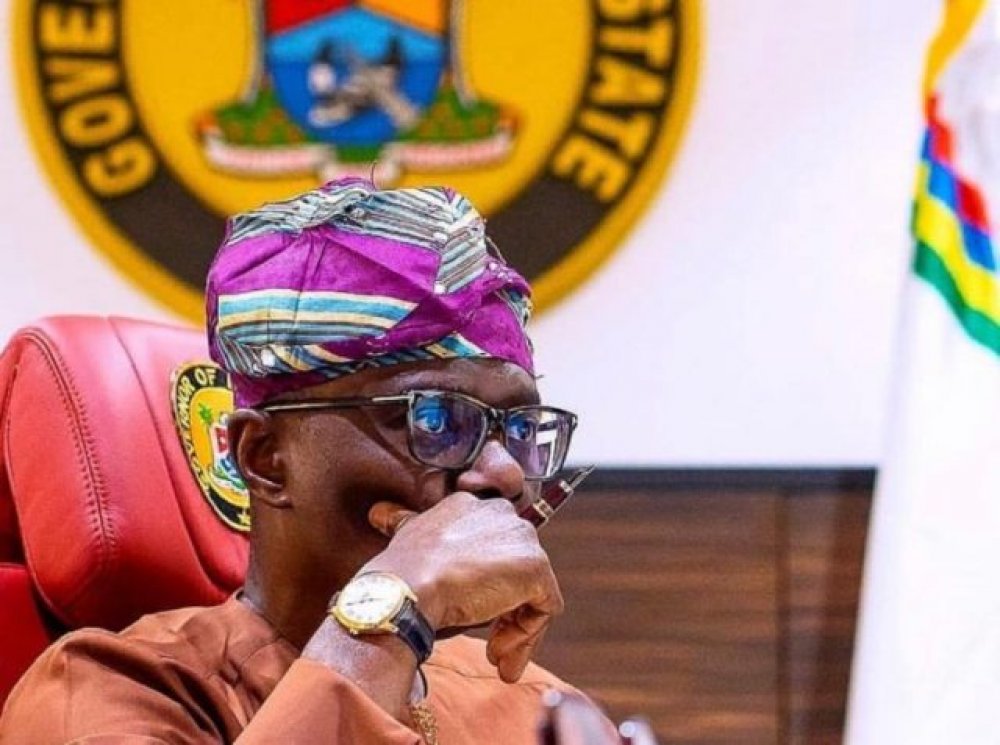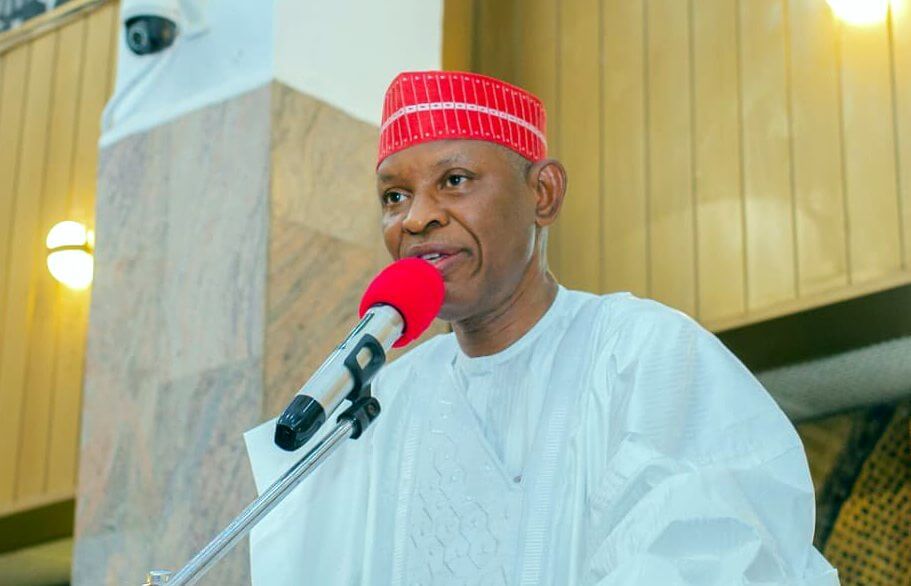News
Sky-High Billions: Nigeria’s Towering N46.25 Trillion Debt Rockets To Dizzying Altitudes

-
Nigeria continues to grow indebted as its public debt stock rises to N46.25 trillion as accumulated in the fourth quarter of 2022.
-
The figure is made up of a combined domestic and external debt stock of the federal government and the state governments.
-
This was disclosed by the Debt Management Office on Thursday.
EKO HOT BLOG reports that Nigeria’s public debt stock has rose to N46.25 trillion or $103.11 billion in the fourth quarter of 2022, according to the Debt Management Office (DMO).
The new figure is made up of the combined domestic and external debt stocks of the federal government and the sub-national governments, including the 36 state governments and the Federal Capital Territory.
EDITOR’S PICKS:
-
Ekiti Government Raise Alarm On Dangers Of Raising Structures On Waterways
-
Diesel Drama As 40-Year-Old Man Faces Litigation Over 15-Litre Diesel
-
Charly Boy Unveils Masterplan To Leap Into The Feb 25 Polls Uprising
The DMO disclosed the latest figure in a statement on Thursday, noting that the comparative figure of public debt as of December 31, 2021, was N39.56 trillion or $95.77 billion. This means that the country’s debt increased by N6.69trn or $7.34bn within one year.
The DMO attributed the increase to new borrowings by the Federal Government and sub-national governments, primarily to fund budget deficits and execute projects, as well as the issuance of promissory notes to settle some liabilities.
The statement read in part, “As of December 31, 2022, the Total Public Debt Stock was N46.25 trillion or USD103.11 billion. In terms of composition, total Domestic Debt Stock was N27.55 trillion (USD 61.42 billion) while Total External Debt Stock was N18.70 trillion (USD 41.69 billion).

“Amongst the reasons for the increase in the total public debt stock were new borrowings by the FGN and sub-national governments, primarily to fund budget deficits and execute projects. The issuance of promissory notes by the FGN to settle some liabilities also contributed to the growth in the debt stock.
The DMO further explained that the debt figure under review was 23.20% of the Gross Domestic Product (GDP), indicating that it was well within the limits set by both the federal government and international organizations.
“The total public debt to gross domestic product (GDP) ratio for December 31, 2022, was 23.20 per cent and indicates a slight increase from the figure for December 31, 2022, at 22.47 per cent. The ratio of 23.20 per cent is within the 40 per cent limit self-imposed by Nigeria, the 55 per cent limit recommended by the World Bank/International Monetary Fund, and, the 70 per cent limit recommended by the Economic Community of West African States.”
FURTHER READING:
-
Manchester City vs. Liverpool: What The Reds Are Facing Going Into It
-
You Won’t Ever Have It, Honey — Toke Makinwa To Troll Body Shaming Her
-
Ditch Liverpool — Former Presenter Tells Steven Gerrard
The DMO also stated that ongoing efforts by the government to increase revenues from oil and non-oil sources through initiatives such as the Finance Acts and the Strategic Revenue Mobilization initiative are expected to support debt sustainability.
Click to watch our Video of the week
Advertise or Publish a Story on EkoHot Blog:
Kindly contact us at [email protected]. Breaking stories should be sent to the above email and substantiated with pictorial evidence.
Citizen journalists will receive a token as data incentive.
Call or Whatsapp: 0803 561 7233, 0703 414 5611












